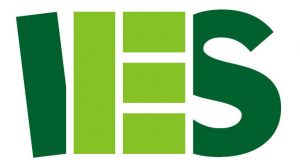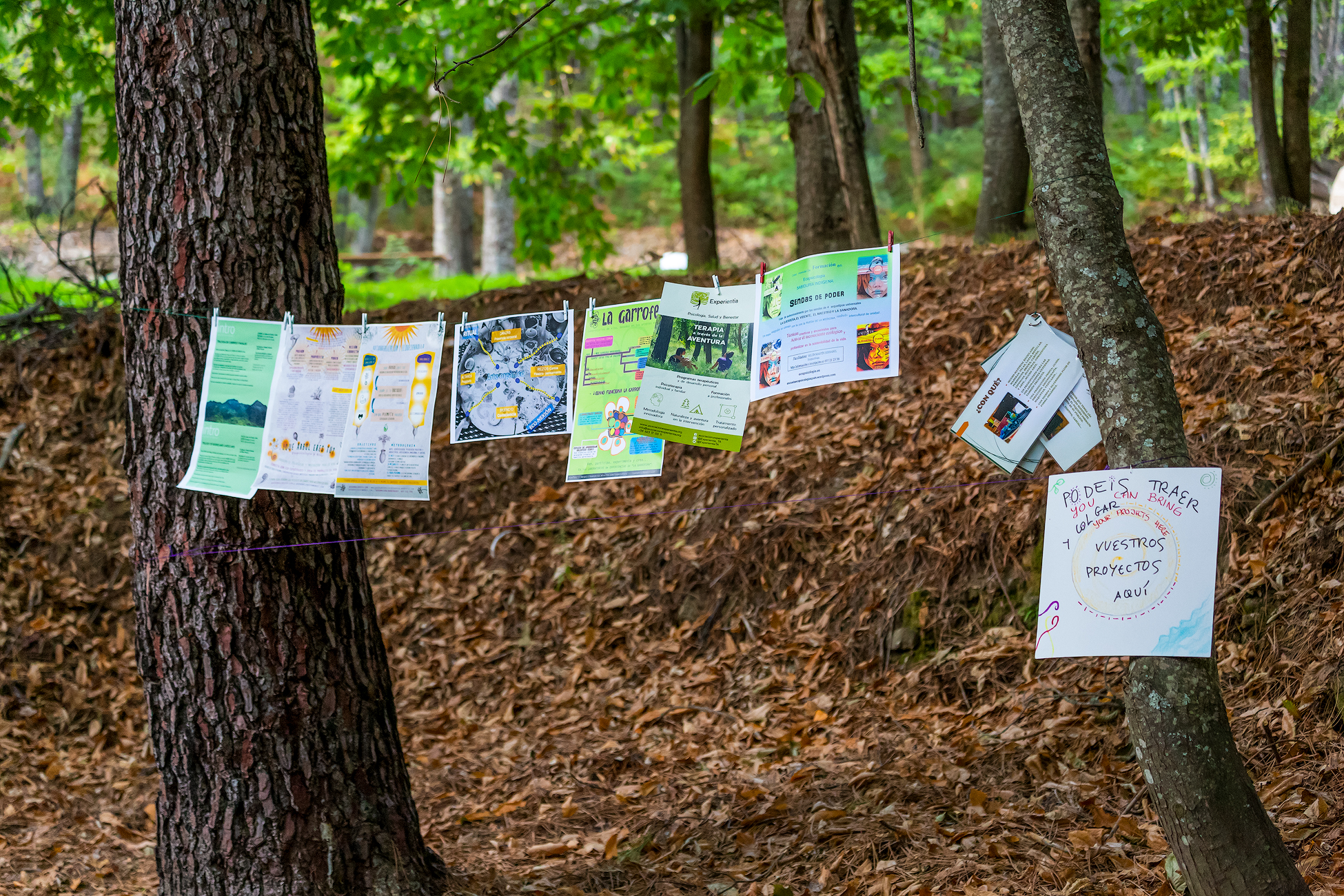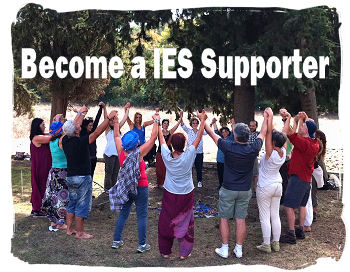Dear Ecotuners, Ecoallies, and Associates,
For 2021, we would like to focus our efforts on writing in order to nurture our communication spaces within the growing IES community. Usually, the articles that feature on the IES website are written in a style that caters to people from all walks of life, irrespective of their training in Ecopsychology. But with this year onwards, we are opening sections dedicated to scientific articles. These articles can be over 2000 words and can be directly addressed to professionals in the field of ecopsychology and eco-tuning. Contributors can therefore choose between these two styles of writing.
We would be really interested in articles about:
– Different topics of interest in Ecopsychology.
– Experiences and application practices that you have carried out within the framework of Ecopsychology and Eco-tuning.
– Summaries of your published or ongoing research.
– Reviews of books and articles on ecopsychology and nature-connectedness
Please note that we will not accept articles about advertising workshops or programs.
HOW TO SUBMIT: Please see the following link for information on how to insert the articles directly on our website.https://ies.bio/resources/ies-associates/how-to-write-an-article-with-word-press/
Once you write your article, you must save it as a Draft, to be seen and corrected by the site administrators.
Your article will be promoted in the first newsletter published, we have one for each season and on the IES social networks.
If you have any questions about this process, please write to Marian Ríos at comunicación@ies.bio.










